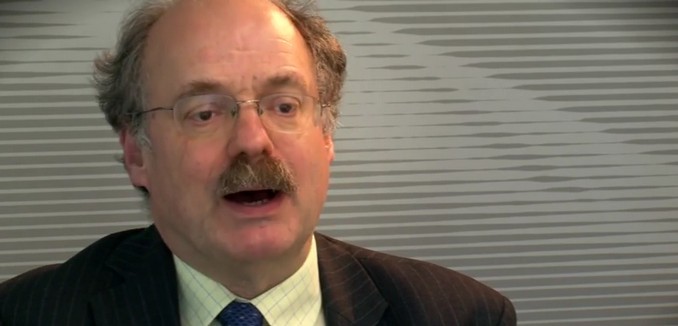Noting that scientific collaborations between Britain and Israel are “booming,” Sir Mark Walport, chief scientific adviser to the British Government, writes that “British businesses and universities are keen to collaborate,” in the Israeli daily, Ha’aretz, yesterday.
From the prime minister down, the government of the U.K. is committed to a stronger research and innovative partnership with Israel. This is why 2014 was a record year for trade between the two countries. This is why our cutting-edge collaborations – such as the 10-million-pound-sterling BIRAX Regenerative Medicine Initiative and the U.K. Israel Tech Hub – are expanding in 2015.
And this is why I am in Israel this week to launch new researcher mobility programs, to meet with Israeli students wanting to study science in Britain, and to discuss our priorities for future collaboration with the U.K. Israel Science Council.
Also in Israel with me this week is a delegation of senior British scientists and companies looking to work with Israel on dementia. They are following up on the excellent joint meeting of the British Neuroscience Association and the Israel Society for Neuroscience in Eilat.
Last month BIRAX announced funding for eight joint initiatives for this year. The research projects include:
Among the projects: Regenerating the liver using a patient’s own stem cells (University of Edinburgh/Hebrew University); using a breath test for diagnosis of Parkinson’s Disease (University of Cambridge/Technion); regenerating immune cells to treat diabetes (Cardiff University/MIGAL); and using heart cells to restore damaged heart muscle (University of Oxford/Weizmann Institute).
[Photo: Nesta UK / YouTube ]




